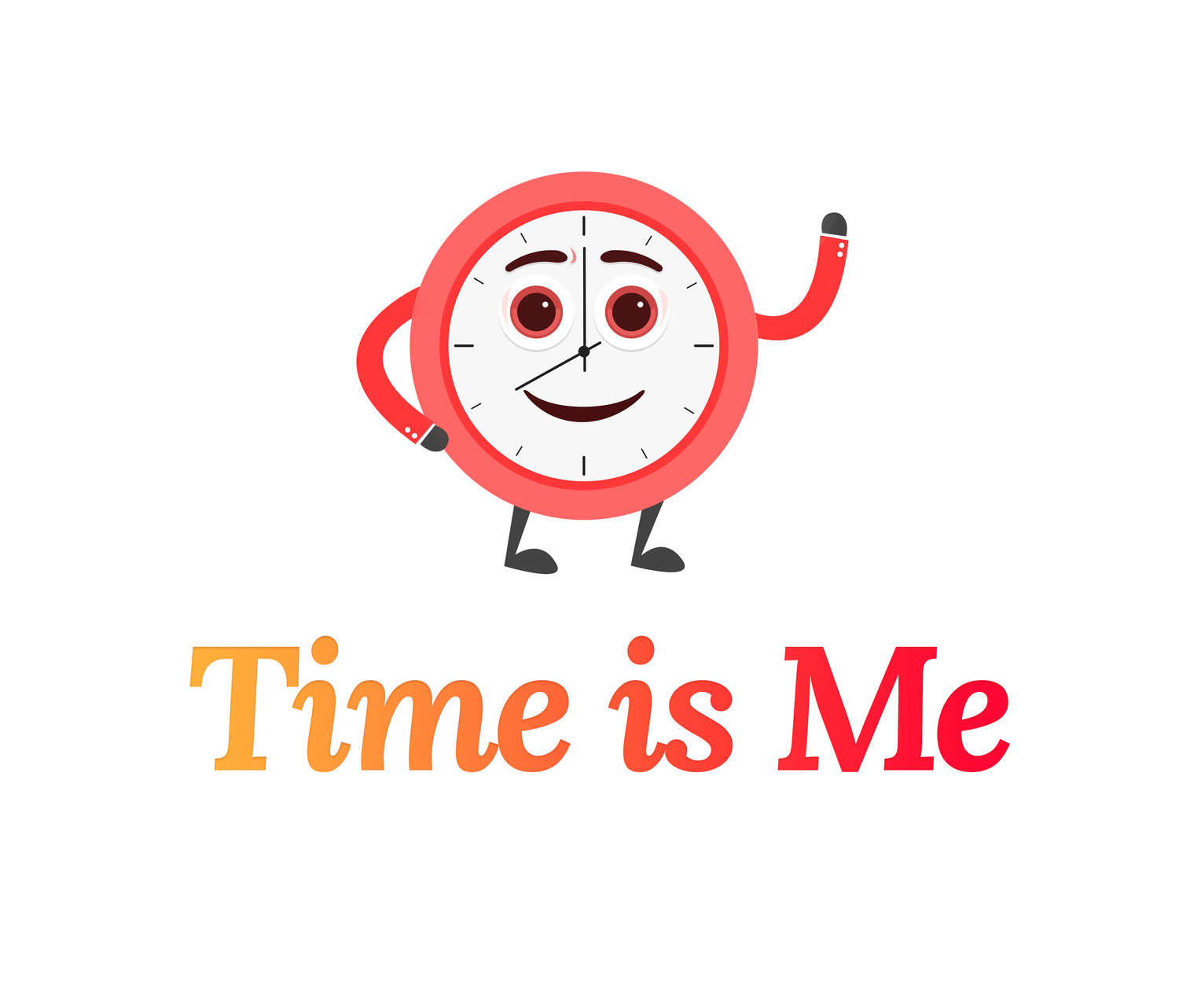Some claim there is no such thing as work-life balance, just work all of the time. Others insist there is a such thing as a work-life balance. I lean towards believing there is a such thing as a work life balance. This “balance” will be different depending on who you are and what is going on in your life at the time. For example, a young professional working up the corporate ladder, an entrepreneur starting a business, a working professional who is married and has kids and getting an MBA on top of that have a very different sense of work-life balance than someone at a different stage in life. The same person will change the view of the work life balance depending on the season in his or her life.
Personally, I have been interested in the concept of work-life balance for a very long time. I have always been very conscious with how much time I spend on working and balance it out with the other things I want to do in my life. This has changed through different times in my life and they do balance each other out. There were times when I was working full time and in school and involved with other activities and times where not so much was going on. The balance between work and “life” changed from time to time. One of the reasons this is interesting to me is that I have always had a desire to obtain things that I didn’t have. I have had many interests and desires and could not reach them because I was too busy with obligations. Maybe for you it’s not obligations, but rather just spending time on things that don’t really matter. Either way, there is a balance that is needed to accomplish the optimal use of your time, and this will change as the seasons in life change.

